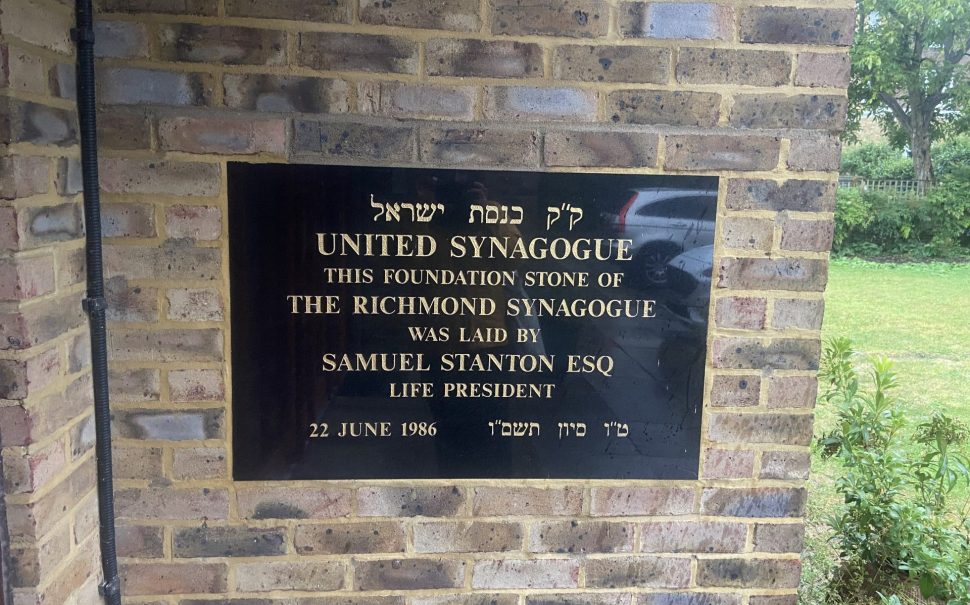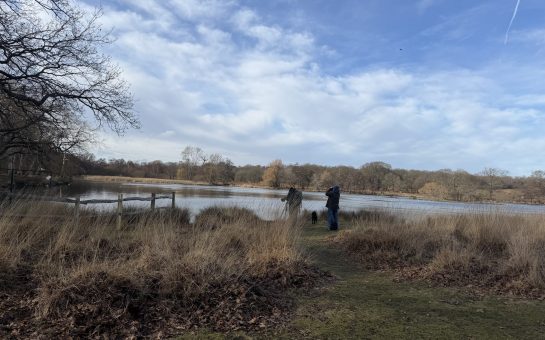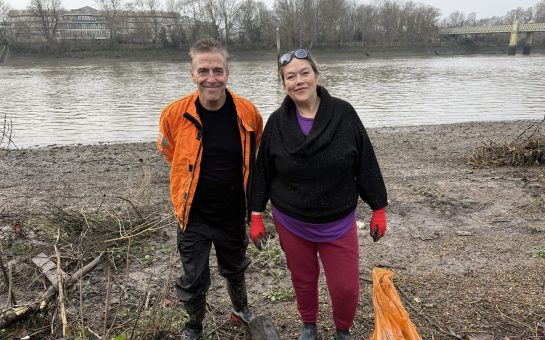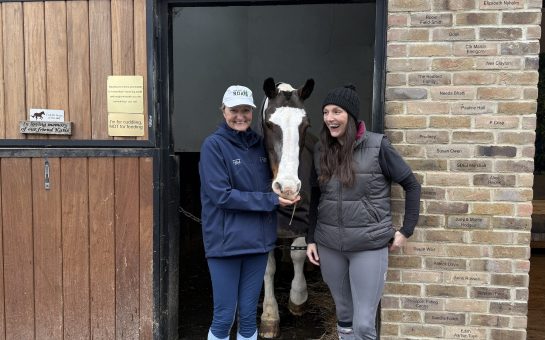London’s Jewish community faces a wave of antisemitism in a backdrop to the escalating Hamas-Israel war.
Following Hamas’ brutal terror attack on Israel last weekend, a kosher restaurant was smashed in Golders Green, Barnet, and ‘Free Palestine’ graffiti painted on a nearby bridge in scenes Sadiq Khan, Mayor of London, likened to the 1930s in an interview to LBC.
Incidents in the UK have continued to grow with the Community Security Trust, CST, a charity that aims to protect British Jews from antisemitism and related threats, reporting a 324% increase in antisemitic incidents than in the same period last year.
Keren Menashe, 49, a Jewish woman and mother, said: “There are hate crimes in school and my children are directly affected.”
Menashe disclosed messages received by her children, with subjects ranging from the murder of all Jews to bring world peace, to expelling all Israelis to bring about the liberation of Palestine.
In London, three Jewish schools announced their closure to protect their students and others have recommended pupils to omit items of their uniform to stop them from being targeted.
The Metropolitan Police have stepped up their presence across the capital, looking to reassure Jewish and Islamic communities at risk of harassment.
Rabbi Chaim Golker, 27, of Richmond Synagogue, was observing Simchat Torah, when the news of Hamas’ atrocities reached him.
He said: “Children are afraid to go to school.
“Jewish children who have nothing to do with a war in the Middle East.”
The young Rabbi, a published author and psychologist with training in Cognitive Behavioral Therapy, CBT, has been working tirelessly to support his community this past week.
He said: “There has been nothing like this in my lifetime. My phone’s been off the hook.”
The Rabbi pointed to a recent report by the Metropolitan Police that noted, between 29 September and 12 October, there have been 105 reports of antisemitic incidents and 75 antisemitic offences.
This is in addition to 58 Islamophobic incidents and 54 Islamophobic offences, which has been highlighted as evidence of Hamas’ harm to the Islamic community and Palestinians who they claim to act for.
Despite the increase in hate crime across the country, Golker has praised the support he’s received from the community, including other faith leaders and local authorities.
He said: “The majority of the community are citizens of this country, going back generations, they are proud to be British.
“You see the best of the community at times like this. It’s the inspiration that keeps me going.”
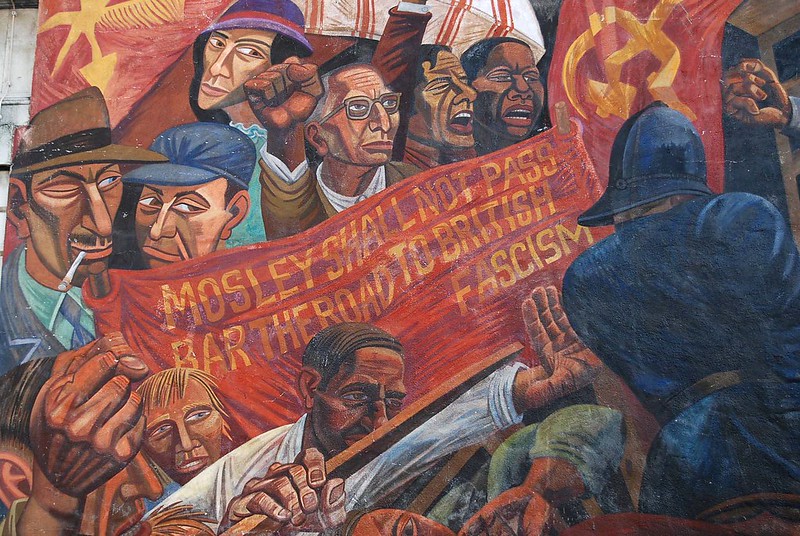
Unsteady times: what can be done to prevent antisemitic hate
A report by CST in 2021 concluded UK-based antisemitism is ‘largely defined by responses to conflict in Israel and Palestine’, suggesting the escalating conflict will worsen the situation.
Professor David Feldman, Director of the Birkbeck Institute for the Study of Antisemitism, explained how antisemitism can be prevented in Israel-Palestine debates whilst not condoning Hamas.
He said: “These were brutal acts of terror, notwithstanding that they came from a people who suffer injustice.
“We need to be able to differentiate between legitimate actions in support of justice for Palestinians and the acts of Hamas, which were brutal acts of terror and antisemitism.”
The Israel-Palestine issue is notoriously complex, its origins stretching back centuries, defined by conflicts that erupt on a regular basis.
Tensions between the two have escalated in recent years, with the nationalist government of the embattled Prime Minister of Israel, Benjamin Netanyahu, party to the inflammation in tensions.
Feldman, who specialises in the history of antisemitism, Jewish history, the history of migration in modern Britain and the history of racialisation, pointed to The Jerusalem Declaration on Antisemitism which aims to confront and raise awareness about antisemitism.
He said: “There is a need for education about antisemitism and not about it alone, but racism more broadly including Islamophobia.”
In addition to the professor’s work, the Wiener Holocaust Library has an informative online exhibition about antisemitism which traces its modern history, from Jewish French Army officer Alfred Dreyfus’ false charges of espionage in the 1890s, to today.
The professor concluded: “Hate speech arises from dehumanisation.
“People should educate themselves and check themselves.”
Resources for those seeking advice or education are listed below:
- Richmond Synagogue
- Community Security Fund
- Wiener Holocaust Library
- United States Holocaust Memorial Museum
- Local synagogues
